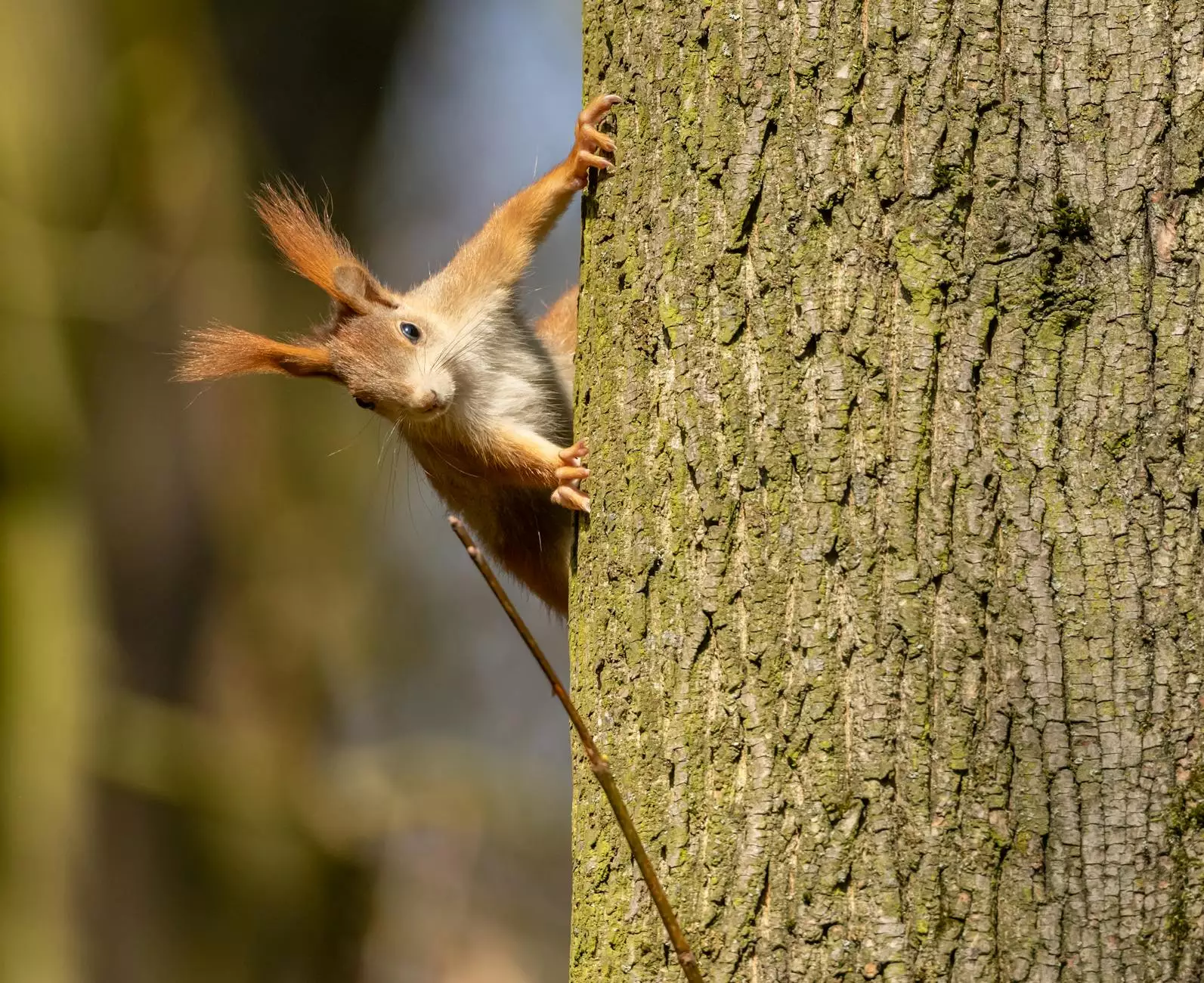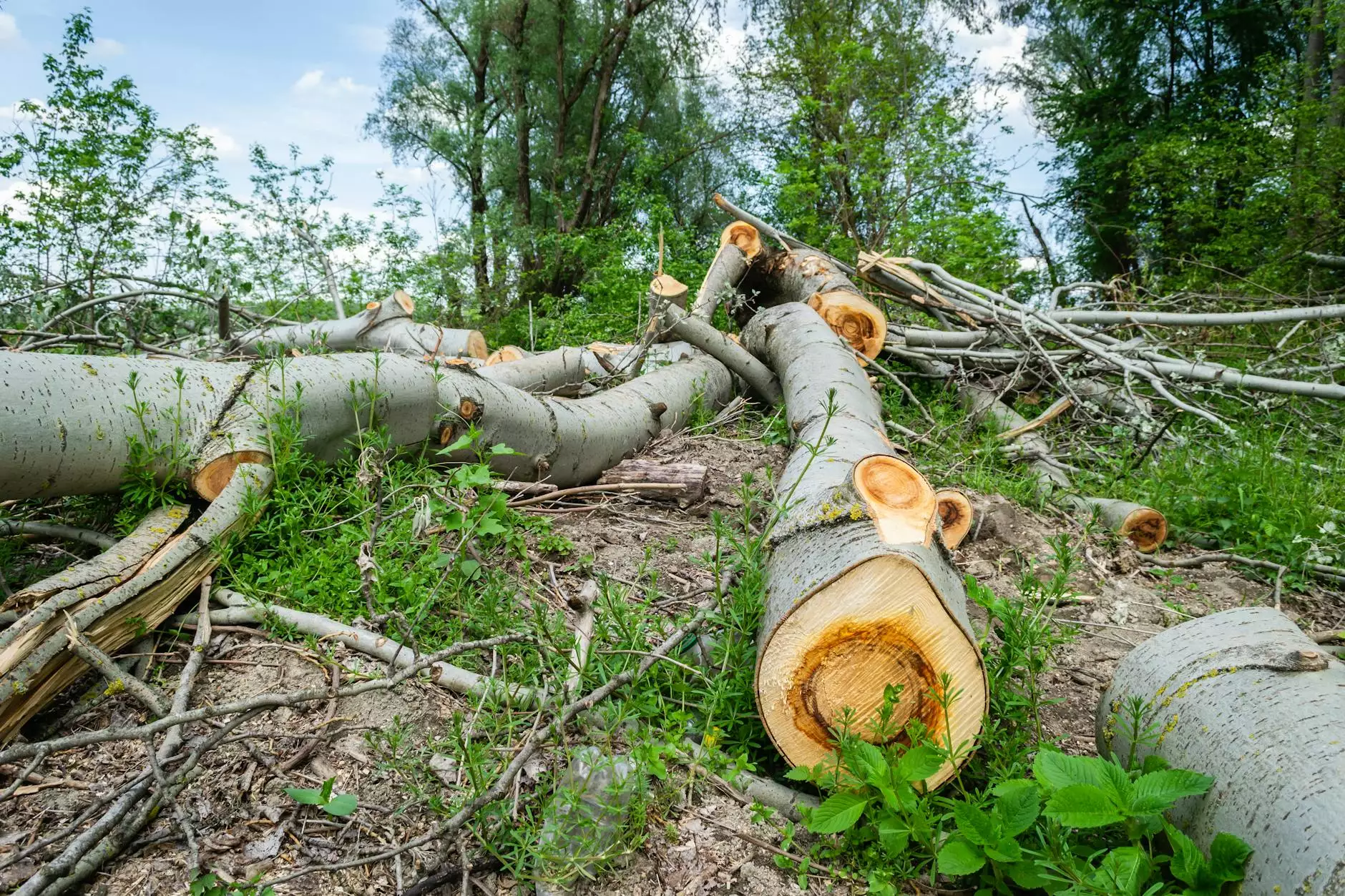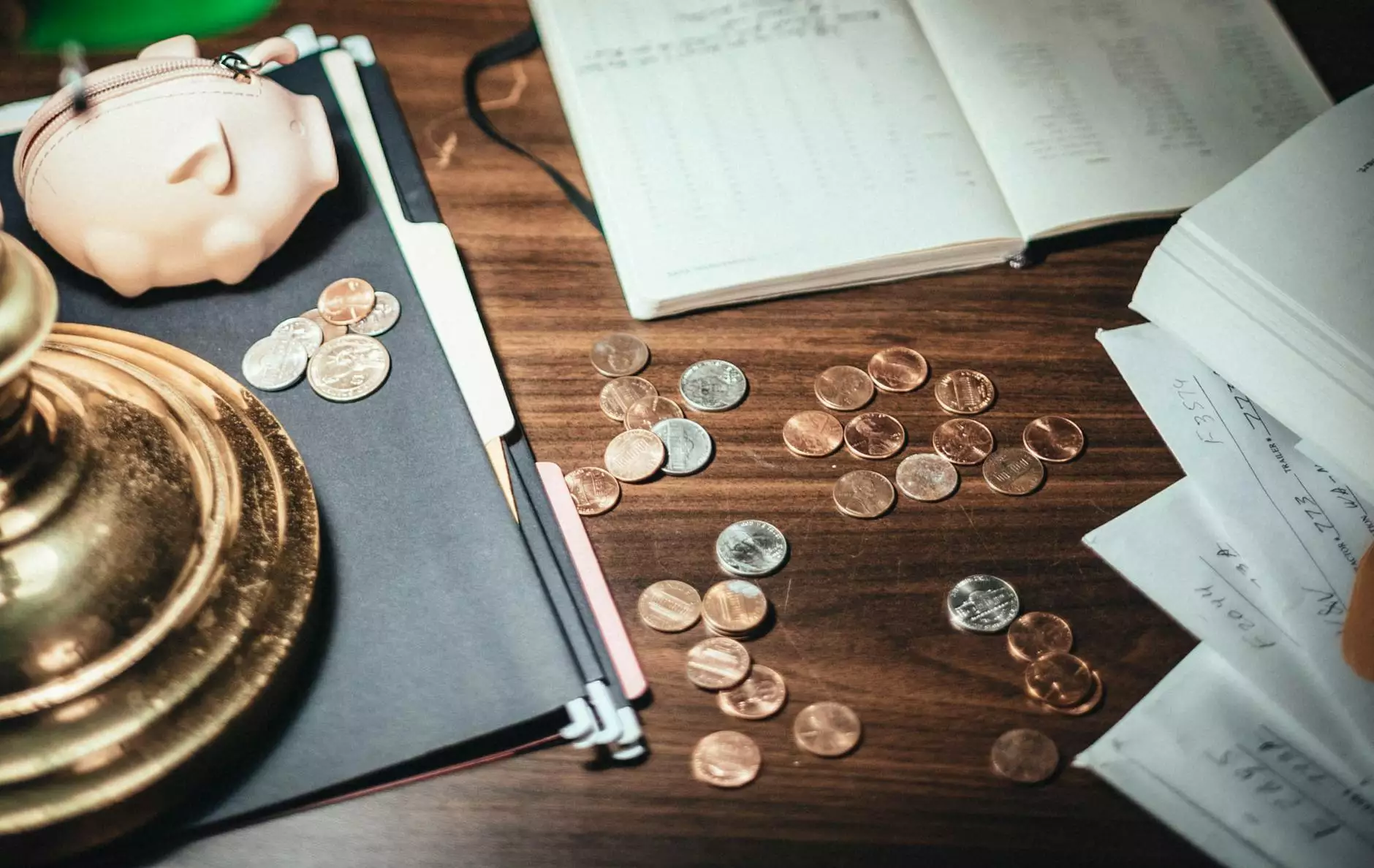Brazil Sugar Manufacturers: A Comprehensive Guide

Brazil has long been recognized as a global leader in sugar production, contributing significantly to the international sugar market. This article will provide a deep dive into the industry of Brazil sugar manufacturers, exploring key players, production processes, and the impact of sugar manufacturing on the economy and the environment.
The Significance of Brazil in the Sugar Industry
As one of the largest producers of sugar in the world, Brazil's role cannot be overstated. The Brazilian sugar industry comprises numerous manufacturers that cater to both domestic and international markets. Here’s why Brazil is pivotal in the sugar sector:
- Leading Exporter: Brazil is a top exporter of sugar, dominating nearly 50% of global trade.
- Diverse Products: Brazilian manufacturers produce various sugar types, including refined, raw, and organic sugars.
- Innovative Production Techniques: The adoption of advanced agricultural methods ensures high yields and sustainable practices.
- Economic Impact: The sugar industry is a cornerstone of Brazil's economy, providing millions of jobs and creating wealth in rural areas.
Overview of Brazil Sugar Manufacturers
Brazil is home to numerous sugar manufacturers, ranging from small family-owned farms to large multinational corporations. These entities utilize a mix of traditional practices and modern technology to produce sugar efficiently. Below, we introduce some remarkable aspects of prominent Brazil sugar manufacturers:
Major Manufacturers
Some of the leading sugar manufacturers in Brazil include:
- Cosan Ltd.: One of the largest players in the sugar sector, Cosan operates extensive sugarcane plantations and processing facilities.
- Alcoo: Known for its sustainable practices, Alcoo focuses on bioenergy and sugar production, merging both industries creatively.
- Raízen: A joint venture between Shell and Cosan, Raízen is not only involved in sugar and ethanol production but also emphasizes renewable energy.
- Sucden: This international sugar manufacturer sources its sugar from Brazilian producers, contributing to the global sugar distribution network.
The Process of Sugar Production in Brazil
The manufacturing process of sugar from sugarcane involves several critical stages that ensure high-quality output:
1. Cultivation
The journey begins with the cultivation of sugarcane, which is primarily grown in the northeastern and central-south regions of Brazil. The choice of variety, planting methods, and crop care significantly influence the yield and sugar content.
2. Harvesting
Harvesting usually occurs after 12 to 16 months, depending on the variety. Manual and mechanical methods are employed, with trends shifting towards more mechanized operations to increase efficiency and reduce labor costs.
3. Processing
Once harvested, sugarcane undergoes processing to extract juice. Here, the cane is crushed, and the extracted juice is purified through a series of filters and thermal processes, leading to the formation of crystallized sugar.
4. Refining
Refining is the final step, where the raw sugar is subjected to further processing to achieve the desired quality and purity levels. This can involve carbon filtering, bleaching, and storage.
Sustainable Practices Among Brazilian Sugar Manufacturers
With increasing scrutiny on sustainable agriculture and production, Brazilian sugar manufacturers have made substantial strides toward eco-friendly practices. Here are some initiatives they have adopted:
- Renewable Energy: Many sugar manufacturers in Brazil utilize bagasse (the fibrous remains of sugarcane) to produce energy, powering their operations and reducing reliance on fossil fuels.
- Water Conservation: Techniques such as drip irrigation and the recycling of process water have been implemented to minimize water consumption.
- Responsible Use of Agrochemicals: The adoption of integrated pest management (IPM) strategies has reduced pesticide usage while maintaining crop health.
- Soil Management: Crop rotation and organic fertilization are encouraged to enhance soil fertility and combat erosion.
The Global Impact of Brazilian Sugar Manufacturers
The influence of Brazil sugar manufacturers extends far beyond national borders. They play a crucial role in the following areas:
1. Economic Contributions
Beyond providing direct employment, the sugar industry impacts related sectors like logistics, retail, and manufacturing. The ripple effect of the sugar production contributes billions to the Brazilian economy.
2. Global Trade Dynamics
Brazilian sugar is fundamental in stabilizing the global sugar prices. Its export volume and pricing strategies heavily influence other exporting countries, making it a pivotal player in international trade.
3. Innovation and Technology Transfer
Brazilian manufacturers are at the forefront of agricultural innovation. Through investments in technology, they not only enhance their productivity but also set benchmarks for other countries struggling with sugar production.
The Future of Sugar Manufacturing in Brazil
As we move forward, Brazil sugar manufacturers face both challenges and opportunities:
- Climate Change: Climate variability poses risks for sugarcane production, pushing manufacturers to innovate in terms of resistant crop varieties and farming techniques.
- Market Competition: As other countries like India and Thailand ramp up their sugar production, Brazilian exporters must maintain their competitive edge through quality and reliability.
- Consumer Trends: With an increasing demand for organic and healthier products, manufacturers are adapting their production lines to cater to evolving consumer preferences.
Conclusion
In conclusion, Brazil sugar manufacturers hold a critical position in both the domestic and international sugar markets. Their commitment to sustainability, innovation, and economic impact cannot be overlooked. As the world looks for quality sugar and sustainable practices, Brazil’s robust industry continues to adapt and thrive. Ultimately, the future of Brazilian sugar holds promise not just for the nation but also for global sugar consumers.









